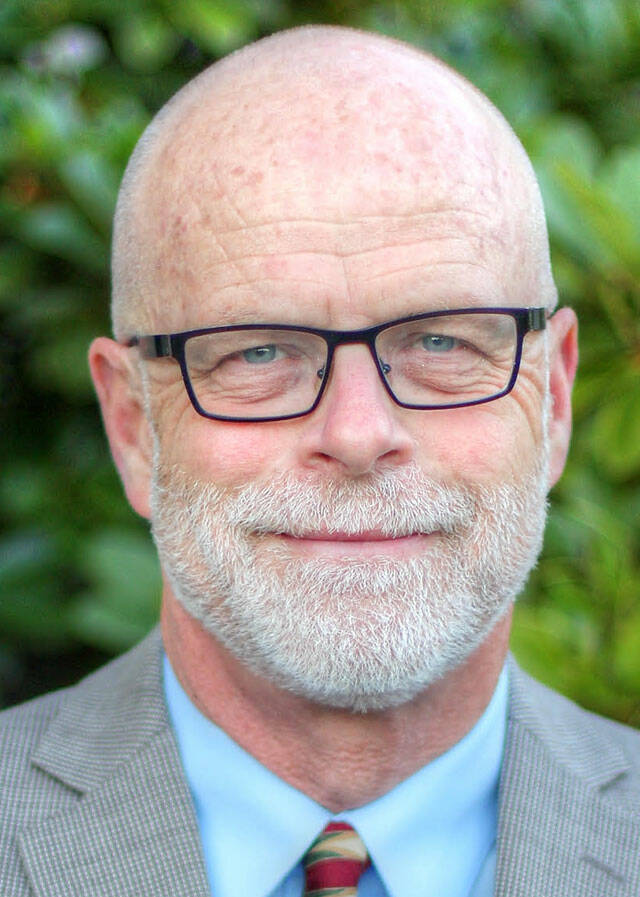By Sid Roberts / Herald Forum
Will Rogers once said, “all I know is what I read in the papers.”
Those were the days when the news was mostly acquired by reading a newspaper or listening to the radio. Life’s pace was slower then and society had a chance to process information more thoroughly. Citizens meditated on the issues of the day and discussed them among friends and neighbors. Over time, people arrived at their own conclusions.
Today all that is different. The delivery of information is much faster and slower critical thinking is more of an exception.
Information today is often quickly shared on social media without proper vetting for its trustworthiness. The post doesn’t have to be true it only must be “liked” by your “friends.” The media itself can be altered, doctored or simply untrue. Being factual doesn’t seem to matter so long as the post makes a splash and gets likes. Researchers tell us this corresponding rush of endorphins related to posting on social media and gathering likes has an addictive quality.
One serious problem is that social media companies, such as Facebook, manipulate the algorithms and decide who sees the story. This is a form of censorship and that should bother us. The unsuspecting person “surfing” Facebook is force-fed a narrative that agrees with what they, the user, have “liked” in the past. Inflammatory statements and conspiracy theories are all the better to make a Facebook post fly like an eagle. Plus, your “likes” drive the story and that sells advertising.
The internet clearly is an amazing resource of information, and it is here to stay. Nevertheless, the internet also makes immediately available some despicable content. This dark side of the net includes all types of pornography, hate and political misinformation. But what I’m most concerned about here are the political distortions posted on social media that masquerade as the truth.
For instance, social media drove the narrative that the 2020 national election was stolen. Of course, we should be concerned about the integrity of elections; they are foundational to our democracy. However, almost no objective or outside observer believes the 2020 election was stolen. More likely, those who wanted to believe the election was stolen were continually fed that narrative on social media. That is the problem.
Then there was the Jan. 6 siege of the U.S. Capitol building, which was largely orchestrated and live-streamed on social media. This near coup was clearly fueled and exacerbated by a false narrative on social media. When falsehoods can be quickly propagated and reinforced by misleading graphical information, it can be very dangerous. The siege on the Capitol wouldn’t have happened without fake news and social media.
And then there is the anti-mask and anti-vaccination hysteria regarding covid-19 that is replete on social media. That is another story.
So where do we go from here? I think we need to slow down, think more independently, and begin to read more in-depth articles from reliable sources. We also should begin to have honest conversations face to face with true friends. Getting involved in politics on a grass-roots level is also a good thing. Reading a story from a reliable source you don’t agree with can help challenge your thinking. Hearing someone unpack why they believe a theory is an honest way to test it.
It takes courage to discuss issues and slow-think our positions. It takes almost no courage to pass on an ugly falsity on Facebook and other online sources. If all that we know is what we read on Facebook, our world is very small and could become very dangerous quickly. We can do better.
Democracy demands it.
Sid Roberts lives in Stanwood and is a member of the Stanwood City Council. He and his wife have four grown children and two grandchildren.
Talk to us
> Give us your news tips.
> Send us a letter to the editor.
> More Herald contact information.

























